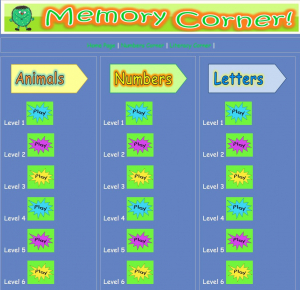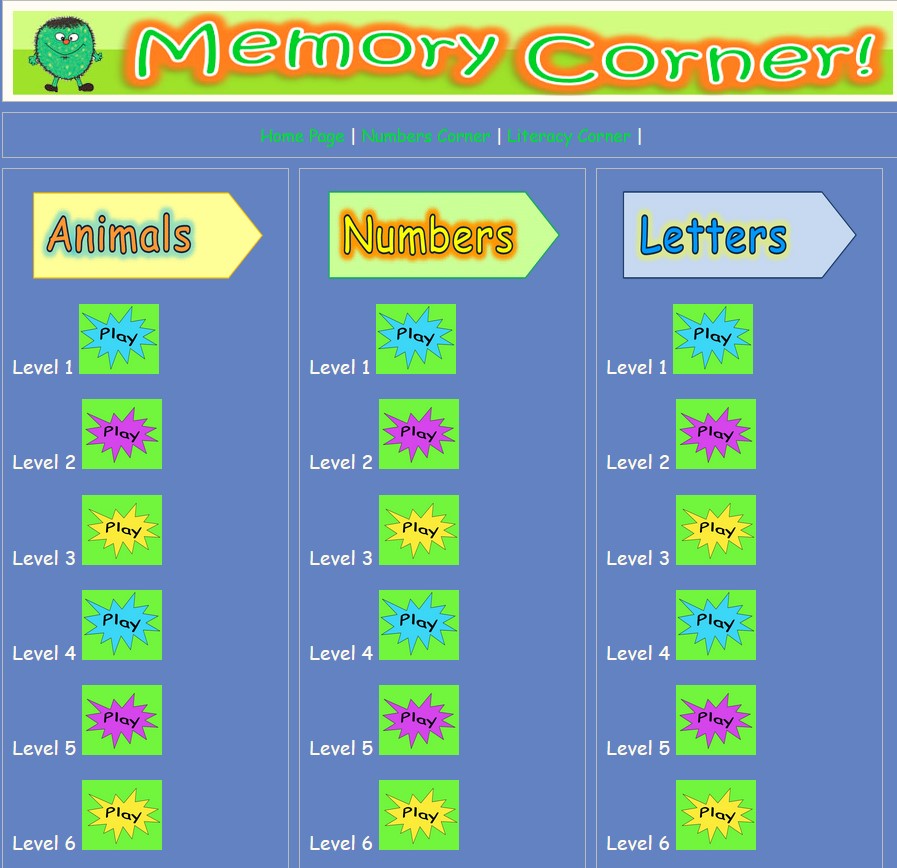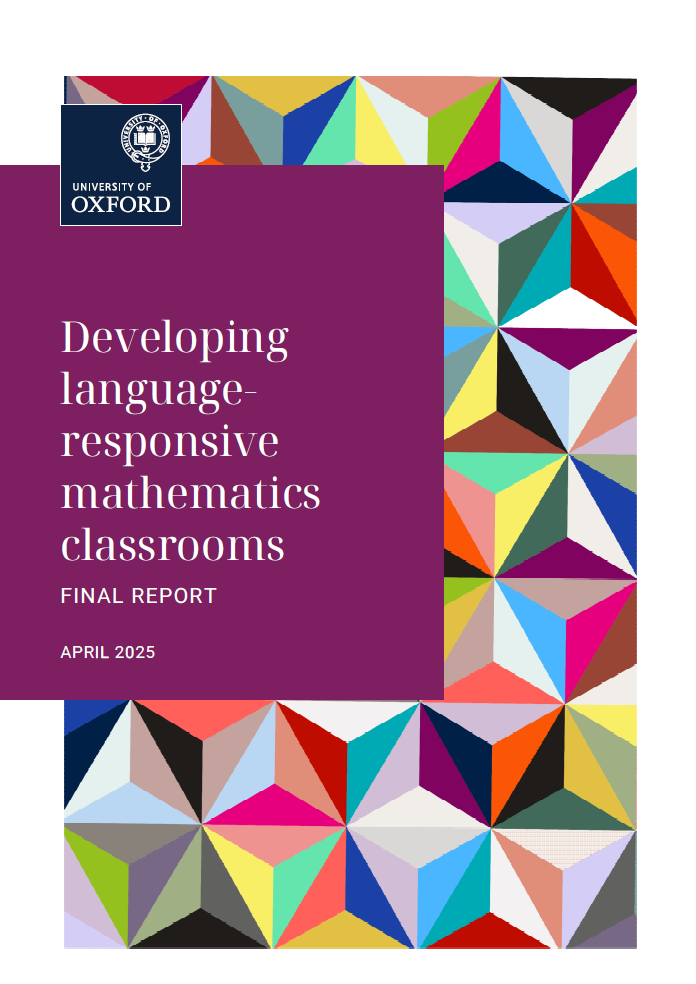The Project

Working memory – the ability to keep information in mind and use it to guide behaviour – is a fundamental element of learning and underpins many activities that children do at school, including understanding number and arithmetic. Children who have working memory difficulties often struggle with arithmetic and show lower mathematics attainment. IWM+A is a structured 10-week intervention designed by the University of Oxford to improve the mathematics attainment of 6-8-year old children who are struggling with mathematics, by improving their working memory and their understanding of number.
IWM+A is delivered in schools by a specially trained teaching assistant (TA) in one-hour weekly sessions to pupils who, according to their teacher, have been identified as low-attaining in arithmetic. The TA delivering the intervention works on a one-to-one basis with one pupil playing the games designed for the intervention and teaching strategies and principles that are useful for pupils to use when playing the WM and the arithmetic games. During this time, a second pupil plays dedicated computer games in the same room. Midway through the session, children swap roles.
The EEF-funded IWM+A effectiveness trial is taking place across 201 primary schools in England (approximately 2,010 pupils). Using a randomised controlled trial (RCT) design, the project aims to evaluate the effect of the IWM+A intervention on working memory and on number skills for the children taking part. The trial uses a ‘train-the-trainer model’, where 12 teacher leaders are trained to deliver IWM+A by the programme developers, and then go on to train TAs in their region. RAND Europe are the independent evaluators commissioned by the EEF, and will test whether the IWM+A intervention improved outcomes for children who received the intervention, compared to those that did not. The Oxford team are also exploring issues of fidelity implementation and how the delivery of the intervention varies between schools. For this, they have designed a bespoke fidelity instrument to use when observing TAs delivering the intervention.
The project’s impact evaluation and implementation and process evaluation will be published in a EEF report in 2023.
The IWM+A intervention was initially designed to improve deaf children’s performance in WM tasks. It showed a positive impact and it is still used by teachers of the deaf by accessing a dedicated website: https://ndcs.education.ox.ac.uk/ndcs/
The IWM+A effectiveness trial extends the work of a promising IWM+A efficacy trial by using a scalable model under everyday conditions in a large number of schools:
Project geographic reach: The IWM+A intervention is being delivered across several geographical areas in England, including Cambridgeshire, Derbyshire, Devon, Essex and Suffolk, Greater Manchester, Merseyside, Nottinghamshire, Sussex, South Yorkshire, and West Yorkshire.
Research Team















